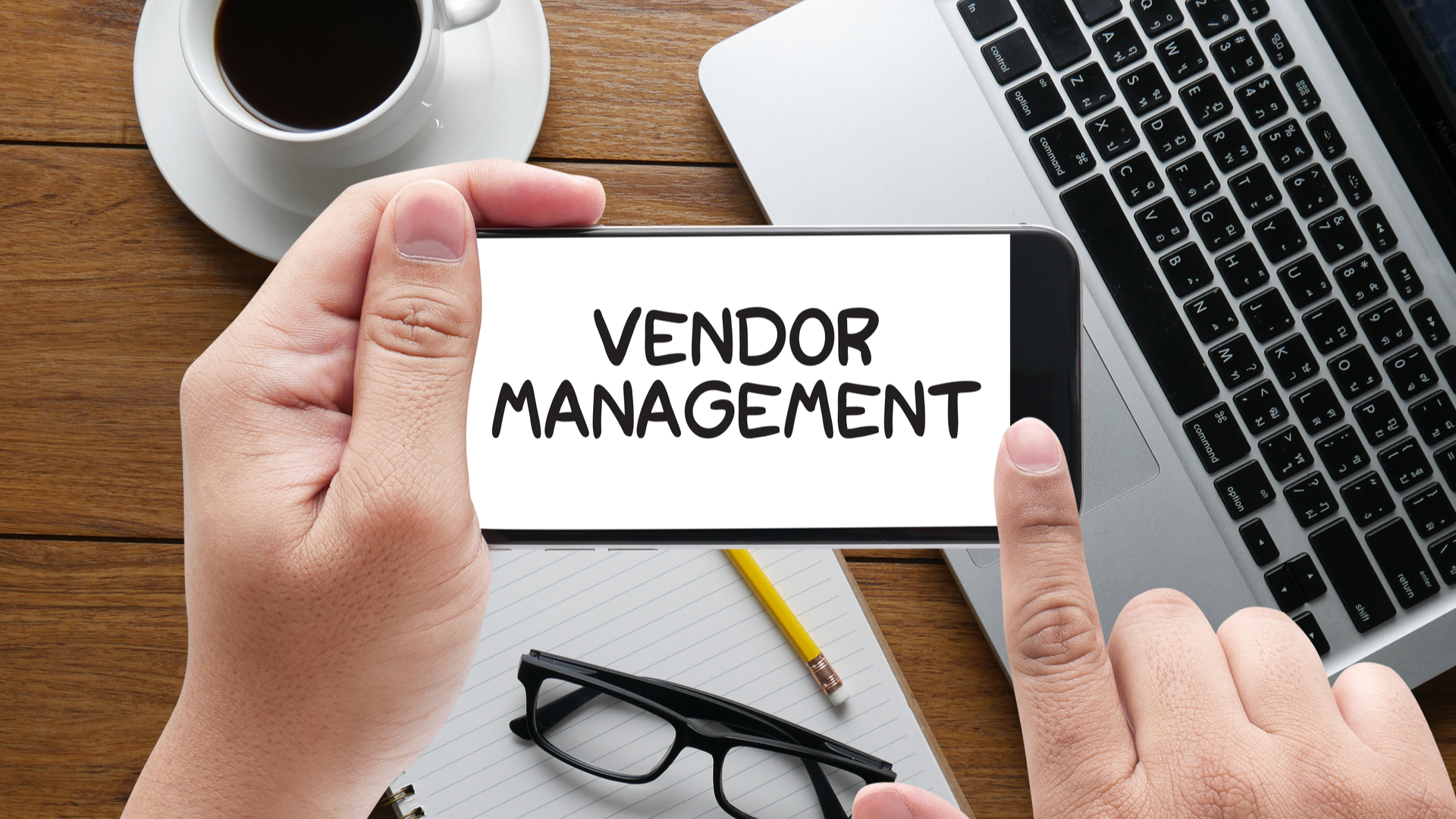
Vendors fill in the places in a company where its employees couldn’t. They are an important asset for any organization because they ensure continuity and increase your business productivity. A vendor can be anyone who manufactures, supplies, contracts, or provide a contingent labor (freelancers) for your business. From selecting a right vendor to evaluating the delivery of the required goods and services, Vendor Management coordinates the entire vendor relation process. With effective vendor management, you can reduce costs, get better quality and assured services, and build a positive long-term relationship with your vendor.
Vendors supply different kinds of products and services which are driven by contracts that govern vendor and client relationship. In order to reduce risks in investments and make smarter decisions, you need to consider vendor management in your business operations very seriously.
This checklist mitigates some of the prominent risks associated with vendors. It will help you in getting high ROI (Return on Investment) by outlining the best practices that companies should follow while working with a vendor. The following points should be tick-marked before signing any contract with your vendor:
-
Vendor info. is researched:
Selecting the right vendor that can deliver high-quality goods and services for your business is the very first thing that you would do. Since they are third parties, therefore you should assess each of them thoroughly to ascertain whether the vendor is financially solvent. This process includes contacting their previous clients and researching vendor rating websites for evaluating their quality and performance in their previous projects.
-
Expectations are outlined:
Often, things don’t go as per the plan. Companies believe that the third party will do everything correctly and efficiently especially in terms of cost. But over-expectations can result in disputes and your project may face excessive delays. Therefore, clearly stating your expectations to your vendors can save you from the delays and develop a long-term relationship with them. Your expectations should include cost efficiency, limited iterations, innovation, proper documentation, and other project-specific expectations.
- The project is pitched with a rich set of documentation:
To expect fast and quality work from your vendor, you should allow them to familiarize themselves with your project. You should provide a rich set of documents that specify the what and why of your project. By understanding the scope of your project, they can develop it with the right set of tools. A requirement specification document can mitigate the delays that arise during the development phase when the third-party is unclear about the end product they are going to make. With a clear knowledge of your project, your vendor can apply his own innovative ideas for its development and can find new areas of improvements.
-
Project deadlines and possible financial consequences are agreed:
Apart from finalizing the price for the product or service, it is necessary to agree on the project deadlines before signing any official document. The third party may produce excessive delays in the project. Your vendor might be running slow and would ask for more time. Whether intentional or unintentional, ultimately your business will suffer the losses from the delays. Therefore, make sure that you have defined milestones for your project. Also, discuss the financial consequences of any non-agreed delay so that it can be included in the contract.
-
Policies are described:
Your organization will have certain policies that outline work practices that keep your sensitive data protected. Any third party that will work in close coordination with your team should also follow these policies. Describing company policies in advance is also mandatory for certain compliance regulations like HIPAA and PCI which strongly asks for the development of policies to work with any third party. Policies include security practices like the use of access control mechanism, password protection, blocking any unknown storage device etc. to prevent critical assets of the company. Moreover, when working with a high-risk vendor is your only option, policies will ensure that you are always protected.
-
Contract change terms are agreed:
In order to develop a long-term business relationship with your vendor, you need to be flexible and responsive to dynamic business needs. Since all the risks associated with a project cannot be determined in advance, you need to consider some delays in development. But these delays need to be agreed by both parties under the contract. From requests of a deadline extension to approval and execution, an effective change management will administer changes in the contract.
Conclusion:
Vendors provide a great set of products and services that add value to your enterprise. They help you to stay focused on your core business activities. But often, companies maintain an active oversight with their vendors. They expect their vendors to provide rapid business growth but take risks for granted. You need to ensure that the commitment and quality of the outsourced project are balanced. A simple solution is to allow a trusted IT consultant to develop a strong contract and manage vendor relation for your business. By investing in IT consultancy services like Bluewire, you can mitigate the risks and get the right vendor solution for your business.
Contact us today to learn about Bleuwire™ services and solutions in how we can help your business.





